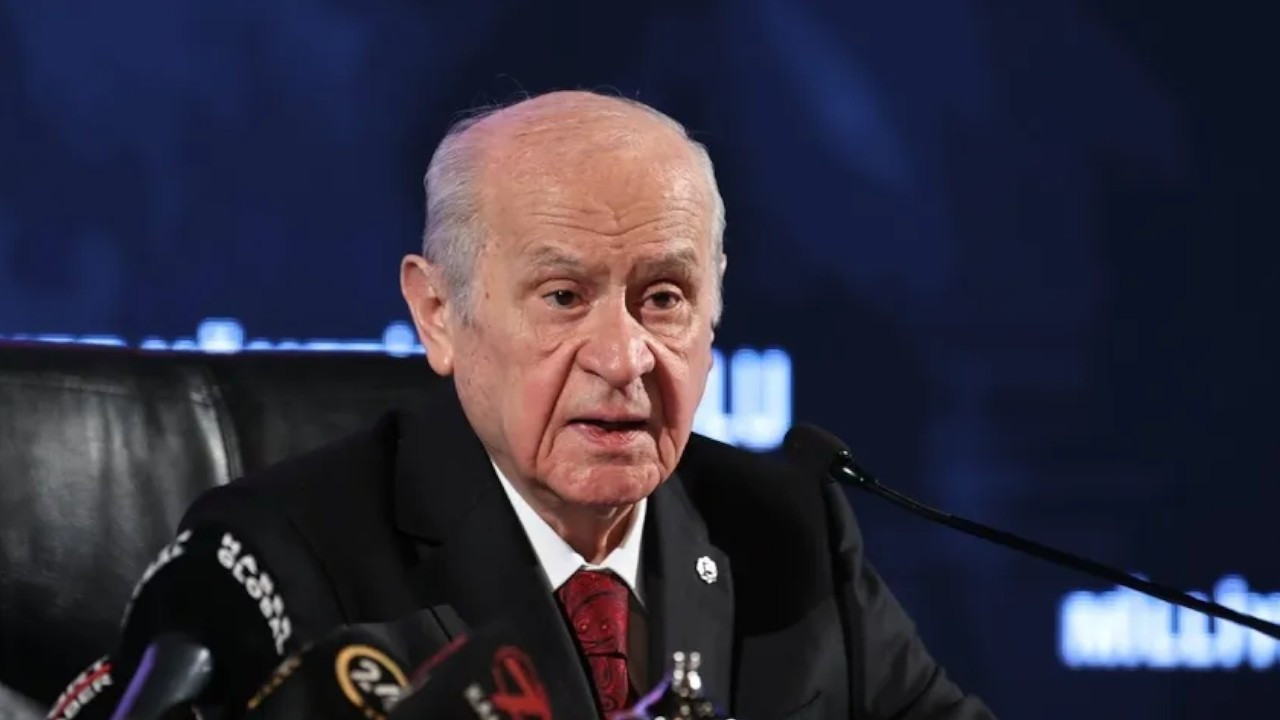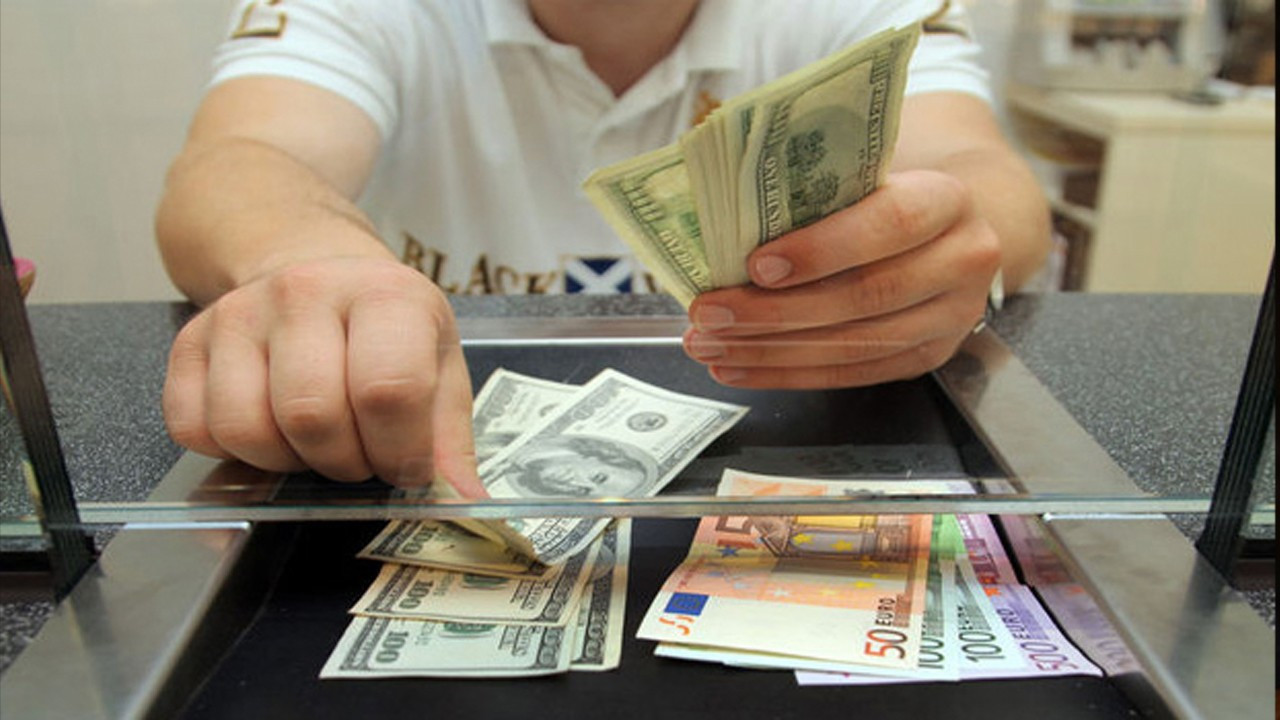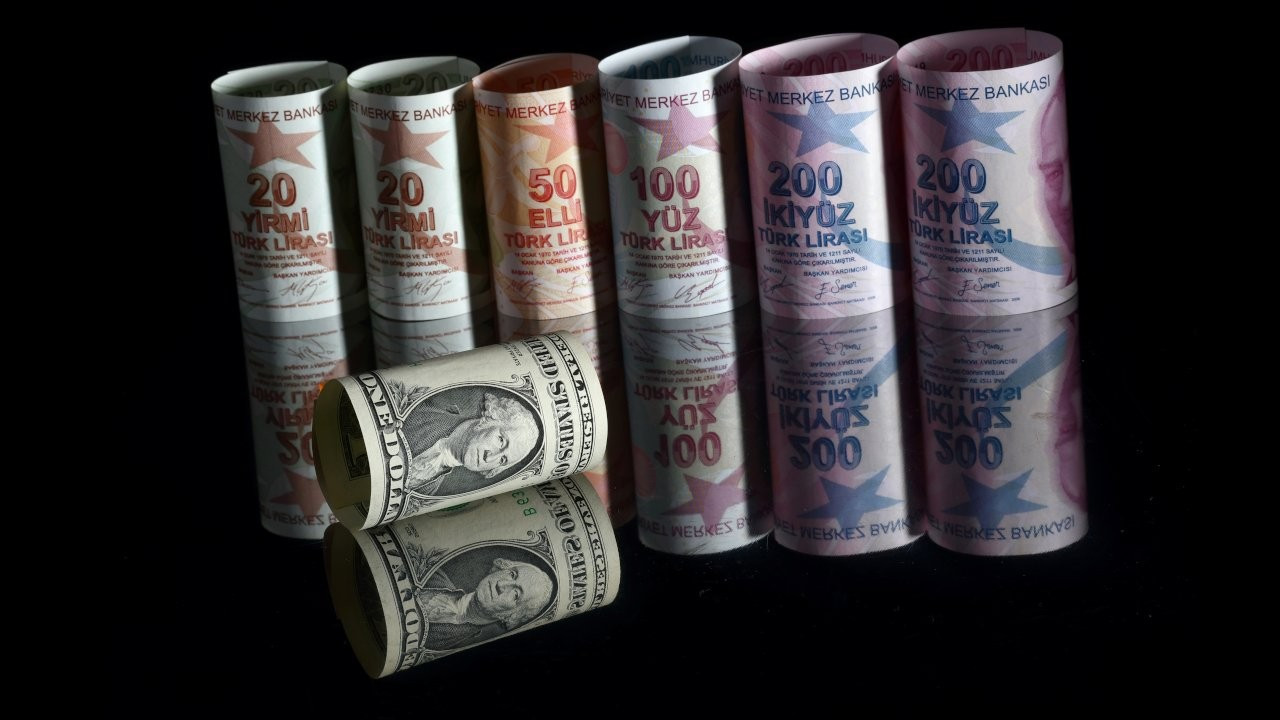Turkish Central Bank chief meets with bank CEOs, says banking sector 'very strong' amid lira crash
Turkish Central Bank Governor Şahap Kavcıoğlu on Nov. 25 met with bank CEOs amid the currency crisis, deeming the country's banking sector "very strong." "There is no problem because with a strong communication, the banking sector is one of the most successful sectors," he said.
Duvar English - Anadolu Agency
Turkish Central Bank Governor Şahap Kavcıoğlu said on Nov. 25 that the country's banking sector is "very strong," after holding a meeting with public and private banking officials and bank CEOs.
The Turkish banking sector is also "one of the most successful sectors," Kavcıoğlu told journalists after the meeting in Istanbul.
"Our banking sector is very strong, and our general evaluations are in this regard. We have informed each other with the bank CEOs. It was a good meeting; it was a very useful information exchange in a good atmosphere. We are also normally in continuous communication. Therefore, there is no problem because with a strong communication, the banking sector is one of the most successful sectors," he said.
Along with a number of bank CEOs, Kavcıoğlu met with Banking Regulation and Supervision Agency (BDDK) Chairman Mehmet Ali Akben and Banks Association of Turkey (TBB) head Alpaslan Çakar.
He said they discussed a range of issues, including inflation, monetary policy, and global developments.
Kavcıoğlu's remarks came amid the Turkish lira's recent historic crash in value.
President Recep Tayyip Erdoğan has applied pressure on the Central Bank to pivot to an aggressive easing cycle that aims, he says, to boost exports, investment and jobs - even as inflation soars to near 20% and the currency depreciation accelerates, eating deeply into Turks' earnings.
Many economists called the rate cuts reckless while opposition politicians appealed for immediate elections.
After a meeting between Erdoğan and Kavcıoğlu on Nov. 23, the bank issued a statement saying the selloff was "unrealistic and completely detached" from economic fundamentals.
There was no hint at an intervention to stem the meltdown. The Central Bank said it could only do so under certain conditions in "excessive volatility."

 Erdoğan meets with Central Bank governor amid lira meltdownEconomy
Erdoğan meets with Central Bank governor amid lira meltdownEconomy Turkish far-right leader refers to economic crisis as 'currency sabotage'Politics
Turkish far-right leader refers to economic crisis as 'currency sabotage'Politics Turkish lira sinks to record low after central bank rate cutEconomy
Turkish lira sinks to record low after central bank rate cutEconomy Lira eases back from record low as Turkey stumbles into unknownEconomy
Lira eases back from record low as Turkey stumbles into unknownEconomy